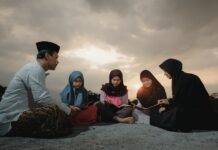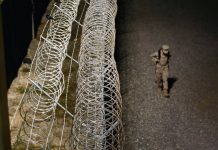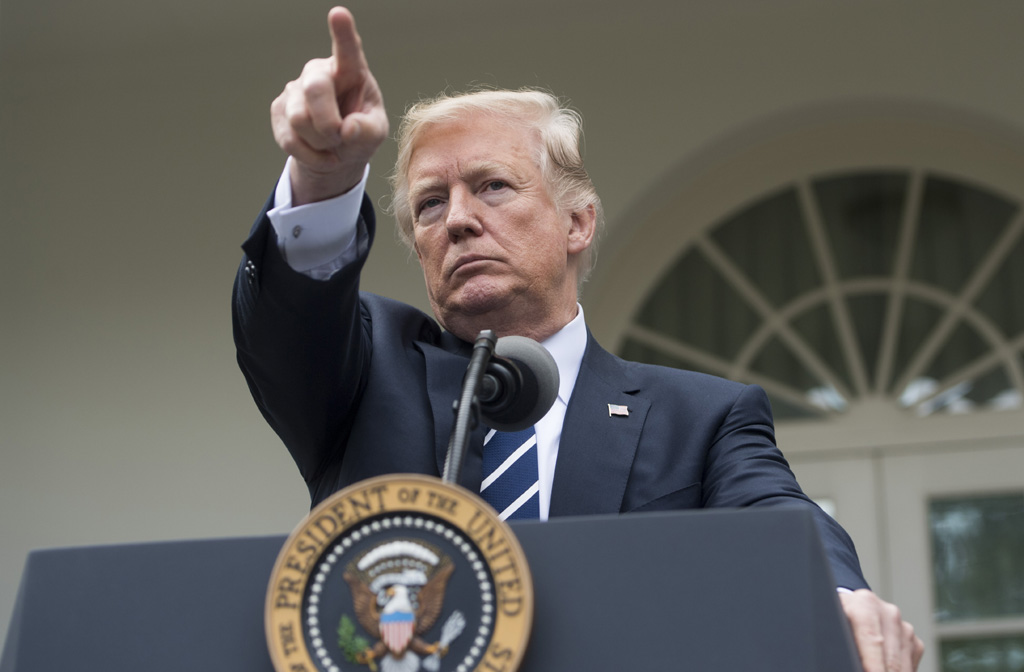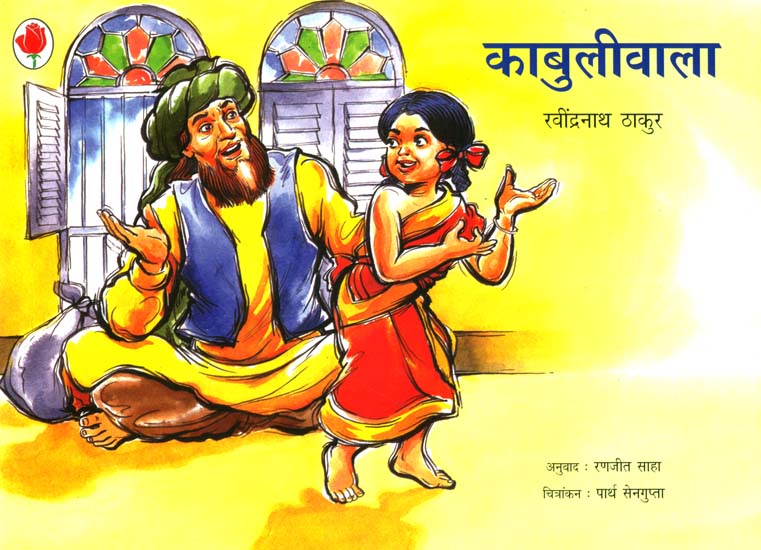Just two days before the horrible 9/11 attack on the USA, on September 9, 2001, another extremely tragic attack took place in far-away Afghanistan which resulted in the assassination of rebel commander Ahmad Shah Massoud, the fabled Lion of Panjshir.
As subsequent events were to prove, this 9/9 attack was related to the bigger 9/11 attack . What is even more relevant and important just now is that 20 years later the inspirational figure of Massoud still continues to loom large in any strategy or mobilisation for resisting the Talibans. Even when the Afghanistan President fled and the army appeared to be melting away in the wake of the rapid advance of the Taliban, those in no mood to surrender could think of no better place of mobilising resistance than the brave and beautiful Panjshir Valley, the homeland of Massoud.
Son of a senior army officer, Massoud grew up reading a lot of interesting literature in several languages, with his interests ranging from revolutionaries to Persian poetry. Victor Hugo was his favoritte author, and he loved to play soccer and chess. If he was not caught up at such a young age in armed resistance, he is likely to have blossomed more as a scholarly leader devoted to finding and implementing a path of progressive socio-economic change most suitable for the society and culture of his country.
Even when devoting more time to the battlefield, as demanded by prevailing conditions, the equality of women he introduced in the areas under his control was accepted and welcomed by the people while the way in which the Soviet army tried to impose such changes ( even if progressive on the whole) was not accepted by people and led to avoidable bloodshed.
Even though Massoud had to sometime fight alongside militants of dubious intentions during his years of many battles, he did not lose track of his more basic aims and with the withdrawal of Soviet forces we find him struggling till the last for mobilising some sort of broad consensus which could bring peace and development to his troubled people and country.
He was Defense Minister in the government which succeeded the communist regime and later also Vice-President. During the years of civil war, he held Kabul for some time but after it became clear that the Taliban was getting massive support from Pakistan and hence was able to encircle Kabul from all sides, he decided to leave Kabul to avoid further and bigger bloodshed and to re-organize resistance to Taliban with a base in Panjshir.
Here even in difficult times he encouraged experiments in democratic governance, apart from facilitating education of girls and greater equality of women. Despite the ongoing battles and his heavy military responsibility, he set up organizations to provide humanitarian medical and other help in a big way and also to protect Afghan heritage and culture.
He also emerged as a fierce critic of Pakistan whom he accused of trying to use Afghanistan for its own ends and even as a colony, while scuttling Afghanistan peace efforts to suit its own narrow ends. Gradually the reputation of his democratic credentials spread and he was increasingly looked upon as the most likely leader who could bring peace, unity and democracy to Afghanistan in future. Towards the end of year 2000 and in early 2001 efforts to forge unity among people of various ethnicities and unitedly finding alternatives to Taliban rule were advancing rapidly, with Massoud playing a very important role.
The USA was reluctant to support a very strong and independent leader like Massoud, but according to some reports, rather belatedly, a change of heart was likely to be perhaps under way among at least a section of US policy makers, based on the reports of two CIA operatives who went away very impessed with Massoud after meeting him.
The Indian government had aleady decided to befriend him and sent him medical and military help. He also came to India on a secret four-day visit in 2001, in or around April.
The European Union Parliament took the biggest step of inviting him to addess the European Parliament in April 2001. Nicole Fontaine, President of European Parliament, called him ‘ Pole of Liberty in Afghanistan’. Massoud adressed the Parliament and used this visit also to warn the west that the land of Afghanistan was most likely already being used to plan a big attack on a western country in the near future.
All this alarmed Pakistan, as Massoud had criticized Pakistan in very strong terms in recent times, and the last thing that the hawks there wanted was to see Massoud gaining more and more acceptance in the international community, more particularly in the west, as the man most likely to bring peace and democracy to Afghanistan.
So even as Massoud returned from Europe with renewed hopes of better support and understanding from the international community, a plot was being hatched to kill him. As per this plot, the assassinators were to pose as journalists and the explosive meant to kill him was to be hidden in a camera.
What is curious and may be very meaningful is that these assassinators were very keen particularly to finish their assigned job by September 10, the day just preceding the 9/11 attack in the USA. When aides of Massoud showed some reluctance in granting the inteview to would-be-assassinators posing as journalists, they stated that if they cannot get this interview till September 10, then they will leave without the interview.
So finally they got the interview on September 9. After the attack Massoud was rushed to a field hospital built by India on Afghan-Tajak border but he had breathed his last by then. He was 48. Ever since his teenage years he had been surrounded by battlefied tensions, always living in danger for three decades, yet had shown remarkable maturity and balance in pursuing peace and unity efforts. He never surrendered in his life while fighting much stronger, much better armed armies, not to the Soviet army, not to the Taliban, not to anyone else.
Most likely this assassination was planned by Al Queda with the collusion of the Taliban regime. However Al Queda could not have got the close contacts needed for arranging interviews without getting help from a very well-connected foreign source and this help was likely provided by the ISI of Pakistan. Soon after his assassination Abdul Haq, called the lion of Kabul from whom also there there were high hopes of resisting the Taliban, was also captured and killed by the Taliban.
After his death the legend of Ahmad Shah continued to grow. He was officially awarded the title of National Hero and September 9 has been observed for years as Massoud Day. He is called Amer Sahib-e-Shaheed ( Our Martyred Commander) by a very large number of followers and admirers. The number of people who continue to admire or even revere him is very large in Afghanistan. His family members continued to be active in important ways. His brother Ahmad Zia Massoud was Vice-President in the Hamid Karzai government for five years and survived two assassination efforts. The 32 year son Ahmad Massoud Junior, who resembles his father Ahmad Shah Massoud much in looks, is now in the thick of the gathering storm in Panjshir, leading the resistance effort. He has obviously inherited the great courage of his father and has also made balanced and mature statements regarding the need to avoid violence and war but at the same never surrendering to forces which insist on being sectarian and oppressive.The Vice President ( till recently) of Afghanistan Amrullah Saleh is among those senior persons who have joined the resistance base in Panjsheer Valley.
An anecdote worth recalling at this critical juncture refers to a senior US official who in 1997 asked the Lion of Panjshir to surrender to Taliban (who incidentally had offered him suitable posts if he did so). Massoud replied pointing to his hat that as long as he has this much space to fight from, he will not surrender to a force which has such a sectarian and oppressive worldview.
Bharat Dogra is a journalist and author.













